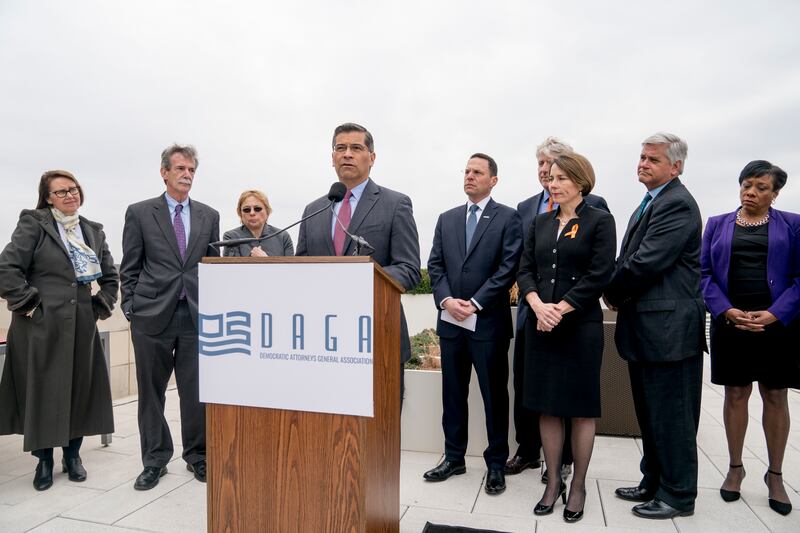Earlier this week, the Democratic Attorney’s General Association announced that it will no longer provide financial support for anti-abortion Democratic candidates for attorney general.
If you want cash, you must “publicly” support abortion access.
Quid pro quos, it appears, still hold bipartisan appeal.
This latest maneuver will undoubtedly demoralize many voters who are still holding on to the quickly vanishing patches of ideological middle ground. Others, of course, will simply see this as just yet another clash in the already caustic culture wars.
But, for local politicians and voters in pockets across the United States, these issues go beyond mere political grandstanding. As The Wall Street Journal observed in reaction to the association’s decision: “This decree is especially disappointing because attorneys general are candidates in the 50 states with different political cultures. But these (attorneys general) seem intent on imposing their principles on candidates from Alabama to Alaska.”
Indeed, hard line political purity tests can have real electoral consequences in states like Utah.
The Beehive State’s lone democratic congressional delegate, for example, is pro-life. And Utah’s last Democratic State Attorney General, Jan Graham, presided over the defense of Utah’s 1991 law that sought to prevent abortions at 20 weeks.
That law was ultimately struck down, but earlier this year Utah lawmakers passed both a law banning abortions based exclusively on the diagnosis of Down syndrome and a law barring abortion at 18 weeks of gestation (with an exemption for the life of the mother).
Utah polling data, meanwhile, shows that the state is still home to many pro-life Democrats as well as Republicans who support abortion rights.
A Utah Policy/Y2 analytics poll conducted over the summer found that 8% of Democrats would like to see Roe v. Wade overturned. And, for independents, fully 38% of respondents said the same. While only about 12% of self-identified “strong Republicans” want to see Roe v. Wade remain in place, many more independent-leaning Republicans are comfortable with the status quo.
Without fostering space for intraparty nonconformity and debate, party bosses make it challenging not only for candidates to faithfully represent their local constituents but also to vote, act and govern in accordance with their conscience.
In his remarkable 1774 speech to his constituents, the philosopher and statesman Edmund Burke famously declared that while a public representative should “live in the strictest union, the closest correspondence, and the most unreserved communication with his constituents,” nevertheless, “his unbiased opinion, his mature judgment, his enlightened conscience, he ought not to sacrifice to you, to any man, or to any set of men living.”
Political parties have every right to define the contours of their ideals and policy platforms; however, when parties place ideological purity tests over people, it makes it challenging for politicians to “live in the strictest union” with those they represent and remain faithful to the dictates of their own conscience.
As the Journal observed, “American politics was healthier, and less polarized, when Democratic ranks included pro-lifers and some Republicans favored abortion rights.” In states like Utah, this is still the case, at least for as long as the parties will allow it to remain that way.

